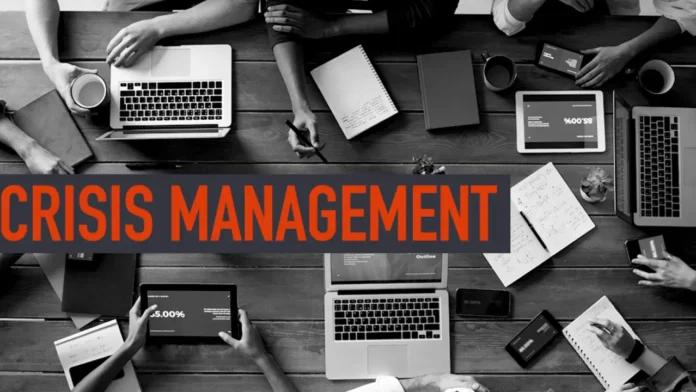Social media, with its instant messaging and viral trends, has completely changed how we communicate, interact, and—inevitably—react to emergencies in this day and age. Social media’s introduction has brought about an era of unmatched opportunity and vulnerability for brands.
The Need for Crisis Readiness:
In today’s digital landscape, news, opinions, and controversies can spread like wildfire on social media. A crisis, whether sparked by a product issue, a public relations misstep, or a global event, can escalate within minutes. In this context, crisis readiness is not just a buzzword but a fundamental necessity for brands.
1. Speed is of the Essence: Social media operates in real-time. In a crisis, every minute counts. Brands must respond swiftly and effectively to manage the narrative.
2. Transparency is Key: Social media users value authenticity and transparency. Brands that are open about their challenges and actively work to resolve them often receive a more positive response.
3. Negative Impact is Inevitable: Crises on social media can be highly damaging, impacting brand reputation and financial stability. Being unprepared is not an option.

The Elements of Crisis-Ready Brands:
To become crisis-ready in the realm of social media, brands should consider these crucial elements:
1. Preparation and Planning: Anticipating potential crises is the first step. Brands should create detailed crisis response plans, including protocols for communication and roles and responsibilities within the team.
2. Monitoring and Early Detection: Brands should use social media listening tools to monitor mentions, trends, and potential issues in real-time. Early detection allows for quicker responses.
3. Quick, Sympathetic Responses: A rapid response is essential. Acknowledging the issue and expressing sympathy or empathy is often the first step to managing a crisis.
4. Transparent Communication: Honesty and transparency are vital. Brands should communicate openly about the issue, the steps being taken to address it, and the expected timeline for resolution.
5. Consistent Brand Voice: The brand’s voice should remain consistent, conveying its values and commitment to resolving the issue.
6. Learning and Improving: After the crisis, brands should conduct post-mortem evaluations to learn from the experience. These insights can help in refining crisis management strategies for the future.
Measuring the Impact of Social Media:
To gauge the effectiveness of crisis readiness, brands should consider these metrics:
1. Response Time: Measure the time it takes for the brand to acknowledge and respond to a crisis.
2. Sentiment Analysis: Analyze the sentiment of social media mentions during the crisis and afterward.
Check more News: Beyond Points of Contact: How to Accurately Map the Customer Experience!
3. Follower Engagement: Look at how engagement metrics change during and after the crisis, including likes, shares, and comments.
4. Media Coverage: Assess media coverage and its tone in response to the crisis.
Social Media – Bottom Line:
In the digital age, being crisis-ready is no longer a choice but a necessity for brands. The speed and reach of social media can amplify even minor issues into major crises. Brands that prepare, monitor, and respond effectively can not only mitigate damage but also emerge stronger, demonstrating their commitment to transparency, accountability, and, above all, their customers. So, in the age of social media, adaptability and readiness for crises are the keys to long-term brand resilience and success.



